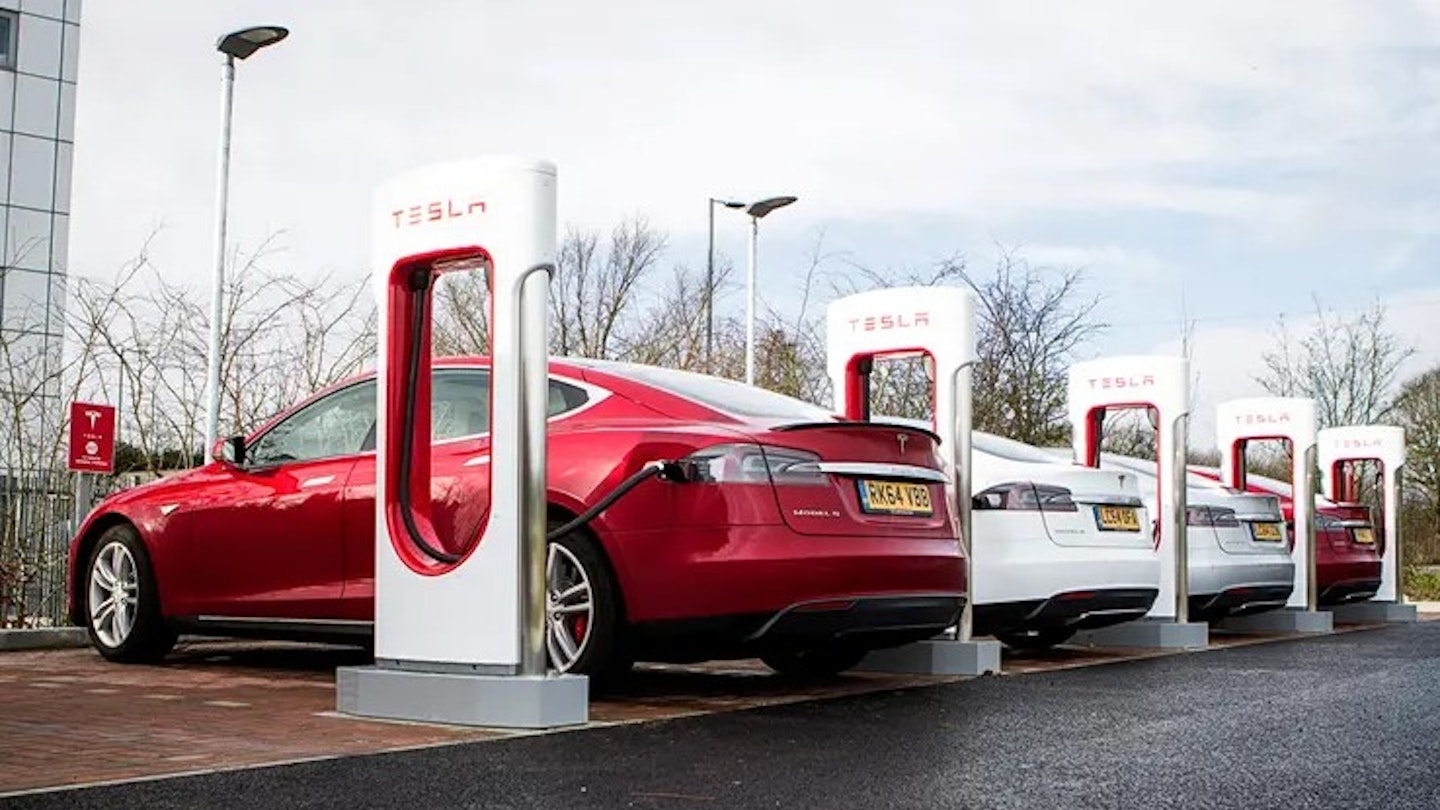Innovative new tool from our sister brand Parkers reveals the true cost of driving an electric car
Whether it’s reducing waste by bringing our own re-usable cups to the canteen for our morning vanilla lattes, switching to low-energy lightbulbs at home or sharing memes of Greta Thunberg scowling at President Trump, as a society we’re more environmentally conscious than ever before – so much so that many of us are considering switching to an electric car for the first time.
But while an electric vehicle (EV) might dramatically cut pollution, what effect will it have on your bank balance? Our colleagues over at sister brand Parkers.co.uk have devised a new service to let motorists compare the cost of fuelling petrol, diesel, hybrid and electric cars.
Called Miles per Pound – or mpp for short – the new metric deploys a level playing field to measure energy costs, something hitherto tricky to calculate across different fuels. As with everything on Parkers, mpp is a straightforward, Ronseal-style concept. It answers the question: ‘How far can you travel for a quid?’
Miles per Pound: how to tell if an electric car will save you money
Petrol and diesel cars have historically used miles per gallon (mpg) figures to represent fuel efficiency – but this doesn’t carry over to EVs. Manufacturers instead use jargon such as watt-hour miles (Wh/mi) or kilowatt-hours per 100km (kWh/100km) to express energy usage on battery cars.
With mpp it all becomes much more transparent, allowing you to make an easier comparison between fuel types. And you’ll quickly discover that an EV is likely to save you a bundle of cash.
Parkers calculates that the cheapest car to drive Miles per Pound is the latest Kia e-Niro, an all-electric five-seater family SUV with a score of 33.1mpp. Just let that sink in: for every pound’s worth of electricity, it can be driven for a smidge over 33 miles. To put that into context, the most fuel-efficient Ford Focus can’t even reach 11 miles on a pound of diesel with a score of 10.8mpp.
Other electric cars do almost as well as the Kia EV, with the entry-level Tesla Model 3 achieving 32.3mpp, the Volkswagen e-Golf 30.8mpp and the biggest-battery Nissan Leaf scoring 26.9mpp. You can check out an example of the mpp data here.
For some context, depending on the engine, a fossil-fuel Nissan Qashqai is rated at between 6.7-9.0mpp, depending on the engine fitted, while a BMW 1 Series comes in at 5.9-10.5mpp. At the other end of the scale, a big Land Rover Discovery is less impressive at 4.1-5.6mpp, with Bentley’s top-end Continental GT scoring an eye-watering 3.5mpp.
So how much does it cost to charge an electric car?
EVs might be more expensive to buy in the first place, but they’re surprisingly cheap to charge up. Electricity is significantly cheaper than unleaded or diesel fuel, meaning that your running costs should be considerably lower the moment you drive off the forecourt.
Hook up your electric car to the mains at night time when your home tariff should be lower and you’ll have a full charge in your battery by the time you wake up in the morning. A small EV may cost as little as a fiver to charge, and even the biggest-batteried Tesla will only cost around £13.
If you charge on public chargers, the cost will vary; some are free while others (especially quicker chargers) will charge you more than your domestic electricity rate. So it’s worth checking first. The Parkers’ mpp rate is based on domestic charging, as that’s how most EV owners charge their cars, only visiting public chargers on rare longer trips and holidays.
And don’t forget, charging an electric car isn’t much more complicated than recharging your mobile – quite appealing if you don’t like queuing up at filling stations and risking splashing fuel on your Jimmy Choos.
Check out Parkers’ reviews for full verdicts and running costs of every new car on sale today.
Written by Tim Pollard
